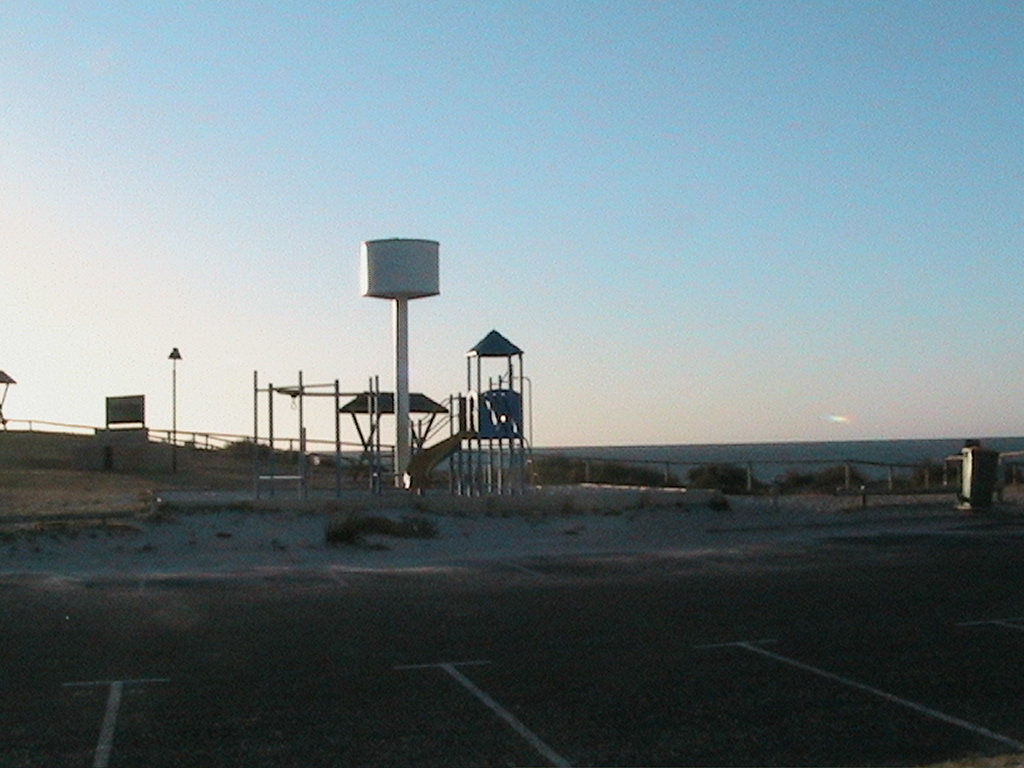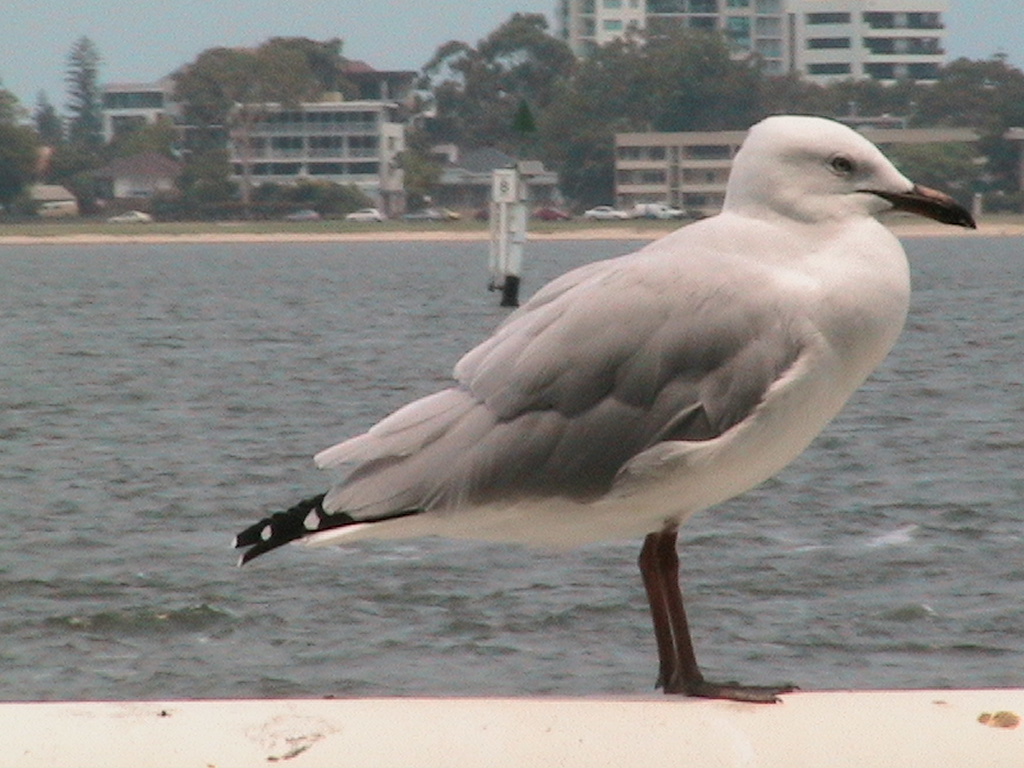Iran’s state media has been penalized for broadcasting coerced confessions. Why does it continue to operate in Australia?


Iran’s state media has been penalized for broadcasting coerced confessions. Why does it continue to operate in Australia?

WEATHER UPDATE: Doppler Wind report for the remnants of ‘Cyclone Alfred’ on March 8, 2025 (which happens to be my birthday). Source: BOM, 4:20 PM.

While the Virgin-Qatar partnership is a positive development, it isn’t the ultimate solution that Australian aviation requires.

The post office logo in Thief Simulator 2 seems quite recognizable.
The situation surrounding Iran’s state media outlet operating in Australia is complex. While sanctions may target specific activities or practices—such as airing forced confessions—these outlets can still function in other capacities, often under the guise of providing news or cultural programming.
Moreover, the legal frameworks surrounding media operations can vary by country. Australia may not have specific laws prohibiting a foreign state media outlet from operating, unless it poses a direct threat to national security or violates Australian law. It’s also important to consider the principles of free speech and press, which can complicate the response to foreign media—even those associated with regimes known for human rights abuses.
Public pressure and advocacy can play a role in addressing these issues, urging regulators to reassess the presence of such outlets and their content. If there’s a concern about the nature of their broadcasts, it may prompt discussions regarding the responsibilities of media to adhere to ethical reporting standards.